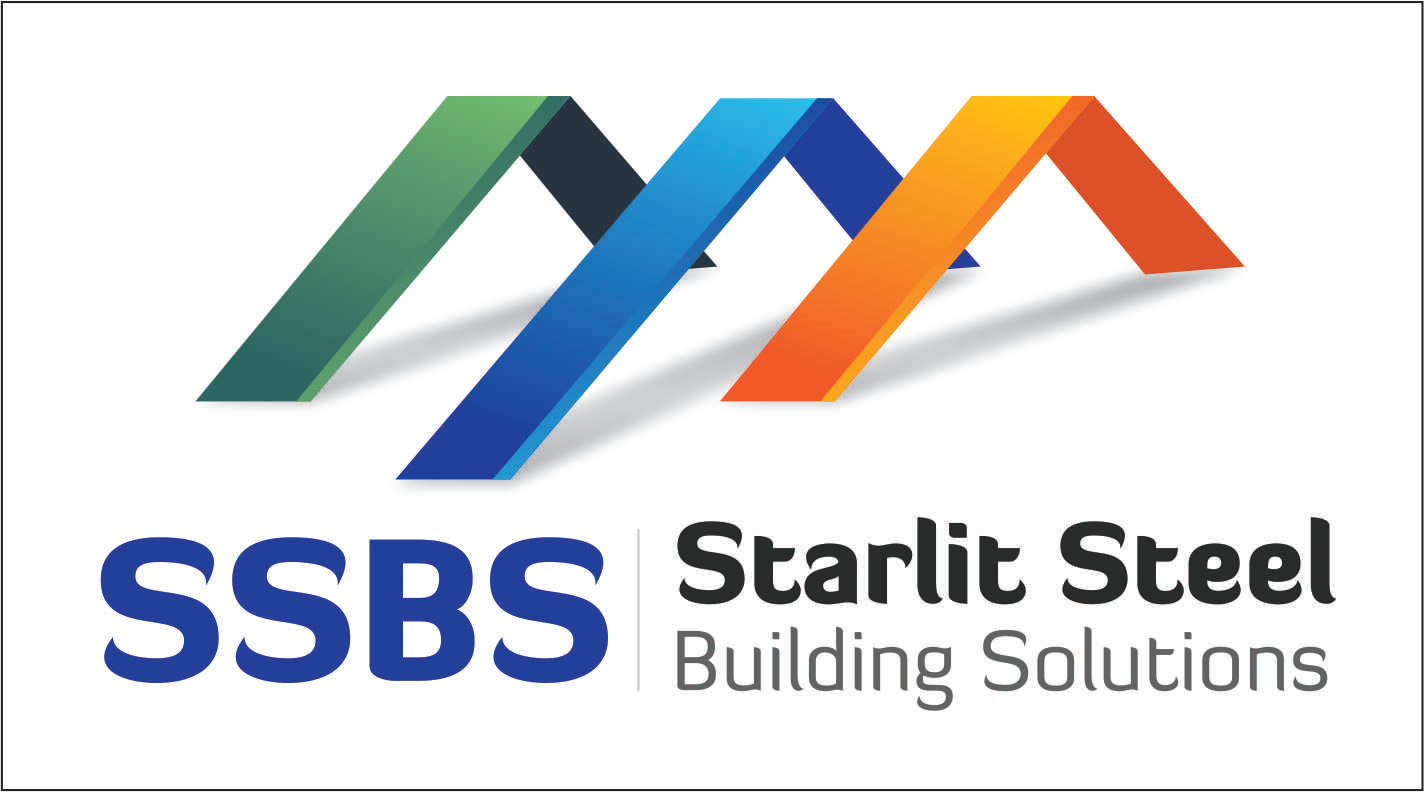Quick and Speed Construction Services: Revolutionizing Building Projects
In the fast-paced world we live in, time is of the essence. Quick and speed construction Services has become a vital aspect of modern building projects. Whether you’re developing a commercial space or a residential property, efficiency is key. This approach not only saves time but also reduces costs, making it an attractive option for builders and clients alike.
Understanding Quick Construction
Quick construction refers to methods that streamline the building process. Traditional construction often involves lengthy timelines due to various factors, including labor shortages and weather delays. However, innovative techniques have emerged to combat these challenges. By utilizing advanced materials and technologies, construction teams can significantly reduce project durations.
Benefits of Speedy Construction
- Time Savings: The most obvious benefit is the reduction in time. Quick construction methods can cut project timelines by weeks or even months. This allows businesses to start operations sooner and homeowners to move in faster.
- Cost Efficiency: With shorter timelines come lower labor costs. Fewer hours on the job site mean reduced expenses for both labor and materials. Additionally, quicker completion can lead to savings on financing costs.
- Less Disruption: For commercial projects, minimizing disruption is crucial. Quick construction means less noise and fewer interruptions for neighboring businesses and residents. This can enhance community relations and improve overall satisfaction.
- Improved Quality Control: Modern construction techniques often incorporate prefabrication and modular building methods. These approaches allow for better quality control since components are built in a controlled environment before being assembled on-site.
Techniques for Quick Construction
Several techniques contribute to speedy construction:
- Prefabrication: This method involves manufacturing building components off-site. Walls, roofs, and other elements are created in a factory setting, allowing for precise measurements and quality assurance.
- Modular Construction: Similar to prefabrication, modular construction involves creating entire sections of a building off-site. These modules are then transported and assembled on-site, significantly reducing construction time.
- Lean Construction: This approach focuses on minimizing waste while maximizing value. By streamlining processes and improving workflow, lean construction enhances efficiency throughout the project lifecycle.
- Advanced Technology: Utilizing technology such as Building Information Modeling (BIM) allows for better planning and coordination among teams. This reduces errors and miscommunications that can lead to delays.
Challenges to Consider
While quick construction offers numerous benefits, some challenges may arise:
- Quality Concerns: Rapid construction can sometimes lead to rushed work. It’s essential to maintain quality standards even when working quickly.
- Regulatory Hurdles: Navigating building codes and regulations can be complex. Quick construction must still comply with all legal requirements to avoid setbacks.
- Skilled Labor Shortages: Although quick methods often require fewer labor hours, skilled workers are still necessary for quality results. Finding qualified personnel can be challenging in today’s market.

